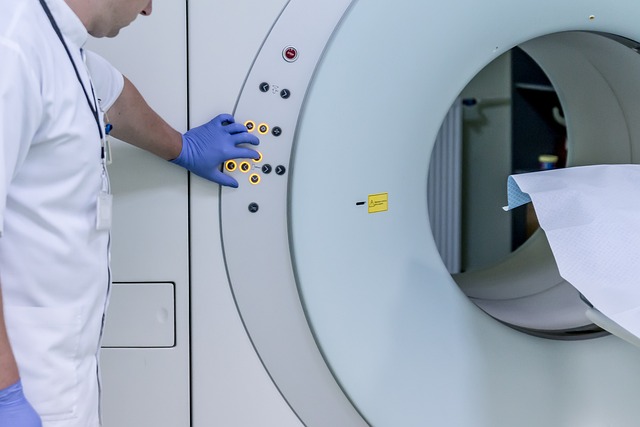
The Role of an Immunology Doctor
In a world where our health is constantly challenged by various pathogens, the role of an immunology doctor becomes incredibly vital. These specialists focus on the immune system, which is our body’s natural defense against infections and diseases. When things go awry, and the immune system either overreacts or underperforms, it can lead to a host of health issues. 🌼
What Does an Immunology Doctor Do?
Immunology doctors, also known as immunologists, are trained to diagnose and manage a wide range of conditions related to the immune system. Their expertise covers:
- Autoimmune Diseases: Conditions like rheumatoid arthritis, lupus, and multiple sclerosis occur when the immune system mistakenly attacks healthy cells. Immunologists work to identify these diseases and create personalized treatment plans.
- Allergies: From seasonal allergies to food sensitivities, immunologists help patients understand their triggers and find effective management strategies.
- Immunodeficiency Disorders: Some individuals may have weakened immune systems, making them more susceptible to infections. Immunologists assess these conditions to provide appropriate therapies.
- Transplant Rejection: For patients who have undergone organ transplants, immunologists play a crucial role in managing the body’s response to the new organ.
When to See an Immunology Doctor
Recognizing when to consult an immunologist can be key to maintaining your health. Here are some signs that it might be time to seek their expertise:
- Persistent infections that seem to linger or recur frequently.
- Unexplained allergies or severe allergic reactions.
- Symptoms of autoimmune diseases, such as joint pain, fatigue, or skin rashes.
- Family history of autoimmune disorders or immunodeficiencies.
Advanced Treatments in Immunology
Immunology is a rapidly evolving field, and doctors are equipped with a variety of advanced treatments to help manage conditions effectively. These may include:
- Biologic Therapies: These are medications that target specific parts of the immune system, offering more precise treatment options.
- Immunotherapy: Often used in cancer treatment, immunotherapy helps the immune system recognize and attack cancer cells.
- Allergen Immunotherapy: This treatment gradually desensitizes patients to specific allergens, reducing their symptoms over time.
- Monoclonal Antibodies: These lab-made molecules can mimic the immune system’s ability to fight off harmful pathogens.
The Importance of Patient Care
One of the most beautiful aspects of seeing an immunology doctor is the emphasis on patient-centered care. These specialists are not just focused on treating diseases; they also prioritize understanding their patients' unique experiences and needs. This holistic approach fosters a supportive environment where patients can feel heard and empowered in their health journey. 🌸
Finding the Right Immunology Doctor
When searching for an immunology doctor, consider the following:
- Look for board-certified specialists with experience in the specific area of concern.
- Read patient reviews to gauge the doctor’s approach and bedside manner.
- Ensure they are part of a reputable healthcare system that offers comprehensive care.
- Don’t hesitate to ask questions during your first visit to ensure you feel comfortable and informed.
In conclusion, immunology doctors are essential allies in navigating the complexities of the immune system. They bring expertise, compassion, and advanced treatments to the table, helping patients reclaim their health and well-being. If you find yourself struggling with immune-related issues, reaching out to an immunologist could be the first step toward a healthier, happier you!




















 Esophageal Motility: A Gentle Journey Down the Food Pipe
Esophageal Motility: A Gentle Journey Down the Food Pipe 
 Health
Health  Fitness
Fitness  Lifestyle
Lifestyle  Tech
Tech  Travel
Travel  Food
Food  Education
Education  Parenting
Parenting  Career & Work
Career & Work  Hobbies
Hobbies  Wellness
Wellness  Beauty
Beauty  Cars
Cars  Art
Art  Science
Science  Culture
Culture  Books
Books  Music
Music  Movies
Movies  Gaming
Gaming  Sports
Sports  Nature
Nature  Home & Garden
Home & Garden  Business & Finance
Business & Finance  Relationships
Relationships  Pets
Pets  Shopping
Shopping  Mindset & Inspiration
Mindset & Inspiration  Environment
Environment  Gadgets
Gadgets  Politics
Politics 